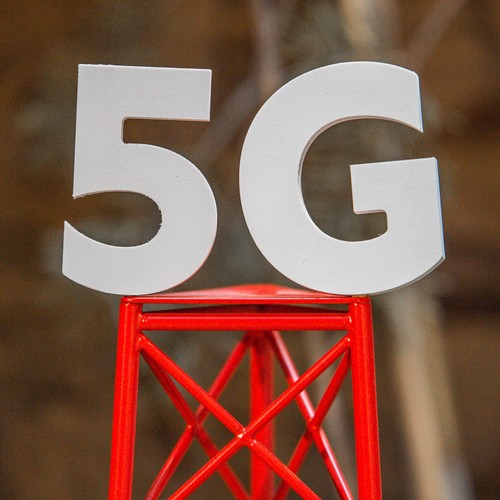
Li Yizhong, a former boss of China's powerful industry and IT ministry, says that with China holding 30% of 5G patents, the country is in a position to challenge the US.
"Trump blocked us but he can't get around our 30%," he told a conference in southern China last weekend.
A rousing sentiment for a local crowd, but if China's 5G patent holdings really are so potent, why is Beijing not wielding them in response to the Huawei ban?
In reality, raw patent filing numbers are a useless way of measuring the value of a technology. That applies especially to Chinese companies, which receive official encouragement to build patent holdings and love to talk about them.
But a patent is merely an acknowledgement of uniqueness, not usefulness: You could file a patent for nailing a pillow to a chair. [Editor's note: Have we done this yet?] That might be unique, but it clearly has no value: So it is with many patent filings.
One simple way of measuring the worth of an IP portfolio is how much others pay for it. For example, according to IMF figures, the US earned $120 for every $100 of IP it imported in 2015; China earned $5. That's a handy metric for a national IP portfolio.
But telecoms, being standards-based, is a bit different. With the biggest IP owners relying on cross-licensing, spending on licenses does not reflect actual usage and demand. Instead, the industry measures SEPs, or standards-essential patents.
As Christina Petersson, Ericsson's head of IPR licensing, puts it, any study of patents "that does not filter the raw number of declared patents (ideally through an essentiality audit) is unreliable."
One group that has had a crack at identifying essential 5G IP is research firm IPlytics. It has crunched worldwide patent data to find those that are "declared" to 5G standards.
It acknowledges that not all technologies under this methodology are SEPs, but it thinks the declaration information is "the best source" for understanding the 5G patent landscape.
The result is strongly in favor of Huawei. According to IPlytics, the Chinese firm has far and away the most "declared 5G families" and the most filed since 2012, after which the main body of 5G patents was filed. It also ranks first in terms of standards body technical contributions.
But UK law firm Bird & Bird says the reliance on patent declarations isn't very insightful and that different methodologies yield different results.
"We note that a number of reports and news articles published in recent months have claimed to chart which companies own the largest portfolios of 5G SEPs, but that many of those studies are too simplistic and may not provide a full picture of who is in the lead," it said.
These analyses suffer from "a narrow set of assumptions": results are highly sensitive to the analysis date and the metrics used, as well as the assumptions themselves, it noted.
The lawyers note that the current court UK court case between Unwired Planet and Huawei, although only partly concerned with 5G, relied on a methodology that came up with a very different set of results.
This was that Ericsson is the biggest 5G patent owner with 15.8% of filings, followed by Samsung (14.8%) and Qualcomm (12.9%). Huawei and ZTE rank fifth and seventh respectively.
The team at Bird & Bird conclude: "When running the analysis with a broader range of assumptions and metrics, we find that there is no consensus that China is in the lead. Depending on the precise inputs, European, South Korean, Chinese, and US companies can all take the top spot(s)."
Maybe so, but that's unlikely to get in the way of multiple market leadership claims as we close in on MWC 2020 and the volume dials get cranked up to 11…
— Robert Clark, contributing editor, special to Light Reading
Read more about:
AsiaAbout the Author(s)
You May Also Like


.jpg?width=300&auto=webp&quality=80&disable=upscale)


_International_Software_Products.jpeg?width=300&auto=webp&quality=80&disable=upscale)






